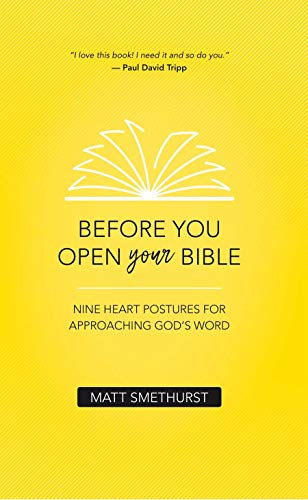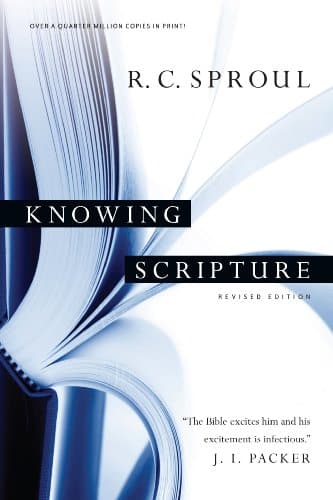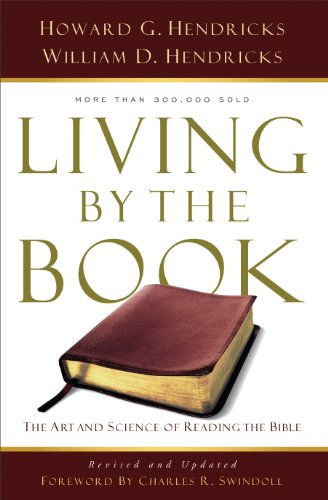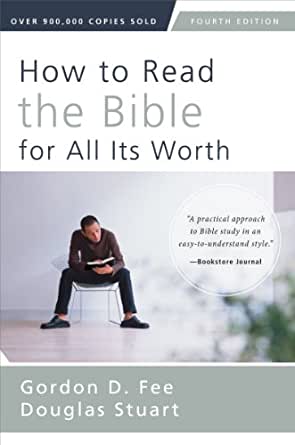Even though most of us believe that the Bible is important, we still leave it sitting on the bookshelf instead of Bible reading regularly because it seems too hard to understand.
It feels like an elaborate puzzle box. We know there is treasure inside, but we don’t know how to decipher the box to get to it.
Perhaps these suggestions will help you open the Bible and discover the treasure inside. Let’s call them the Four C’s of Bible Reading.
1. Call for Help
Before we open our Bible and begin to flip through its pages, we need to stop! And pray.
In the book of Luke, God tells us that the Holy Spirit opened the minds of Jesus’ disciples so they could understand the Scriptures (Luke 24:45). This mind-opening and heart-preparing work is exactly what the Holy Spirit has to do for each of us, in order for us to understand his Word (1 Corinthians 2:11-12).
God promises to answer this call for help, if we just ask (Luke 11:13)! Asking is the best place to begin.
2. Context is Key
One of the most important things to keep in mind as we read the Bible is context. Now, this is a little tricky because there are different kinds of contexts: historical, literary, and biblical.
Historical Context
The Bible is an ancient book that was written to people living in different times and places. The first context we have to consider is the historical context.
This doesn’t mean that you need to read encyclopedias about the Ancient Near East before you can read the Bible.
It does mean that you need to ask yourself some basic context questions while you are reading:
- Do we know who wrote this book of the Bible?
- Who was it written to?
- What was their situation? (For example: Were they in the garden or the wilderness? Were they freed slaves or conquering heroes or exiles? Were they faithful, or were they sinning against God?)
These questions will give you a good start toward understanding the historical context.
Literary Context
The second kind of context is called literary context. The Bible contains a lot of different styles of writing: poetry, law, history, etc. It’s good to start by making a note of what style of writing you are reading.
For instance, we understand wisdom sayings (like the book of Proverbs) in a different way than we understand laws (like the Ten Commandments). The more you read the Bible, the more you will begin to see and appreciate all of the different ways it speaks.
Biblical Context
Another consideration when thinking about literary context is that a word only makes sense in a sentence. A sentence fits in a paragraph, and a paragraph is best understood in a page or a chapter. For that matter, chapters belong in books, and each of the 66 books belongs in the Bible.
This is why we easily misunderstand the Bible when we resort to the “flip-and-point” method of looking for meaning.
We need to ask ourselves how the verse or passage we are reading fits with other passages before and after it. When we encounter something confusing or unclear, we can look to other parts of the Bible to help us understand. For, the Bible helps interpret itself.
This is one reason why it is so important to grow in our familiarity with the whole Bible. The more you know Exodus, the better you will understand Hebrews. The more you’ve read Daniel, the easier it will be to read Revelation.
Reading the Bible gets easier but also more exciting over time because we continuously grow in our understanding of it. We begin to have these thrilling “Aha!” moments when pieces of the Bible suddenly connect and we get a glimpse of the big picture.
3. Connect to Christ
There is a “big picture” to the Bible. In the end, it tells one gigantic story that leads to Jesus.
This is what the Holy Spirit helped Jesus’ followers understand. He showed them that the Hebrew Scriptures (our Old Testament) had been talking about Jesus all along.
It was as if Jesus was the picture on the top of a puzzle box. Once Jesus’ followers saw the whole picture, they began to understand how all of the pieces of the Bible fit together.
If the Bible’s big story were a play, it would have four acts:
- Act 1: God creates a perfect world and then creates people to govern it.
- Act 2: People rebel against God, and the world becomes disordered.
- Act 3: God begins to save people for himself. (This includes scenes with Noah, Abraham, Moses, Joshua, David, the prophets, and finally, Jesus.)
- Act 4: God restores his people to a good place—a new heaven and a new earth.
When we read any part of the Bible, it is good to ask ourselves where it fits in this bigger story.
We can ask questions like:
- Is the passage describing human rebellion or showing the effects of our rejection of God?
- Is it describing how God is working to save his people?
- Is it calling us to look forward to the good ending?
- Most importantly, we ask: How does this part of the Bible help me to better understand its main character, Jesus?
4. Community of Readers
Finally, we don’t read the Bible alone. We have a great community of fellow readers to help us along—the Church.
We usually think of reading as a solitary activity, but reading the Bible can’t be done in isolation. God gives each of us an understanding so that we can share it with one another.
Begin reading the Bible as a family. Find a friend and choose a book of the Bible to read together. Join a small group or a Sunday school class at your church. Listen and take notes during the sermon. These are all great ways to read the Bible in community.
So how to begin reading the Bible?
Call to God for help, pay attention to the biblical, literary, and historical context of what you’re reading, consider how it fits into the big Bible story about Christ, and join a community of readers.
You will soon discover that this ancient text still holds the power to transform your life today.










